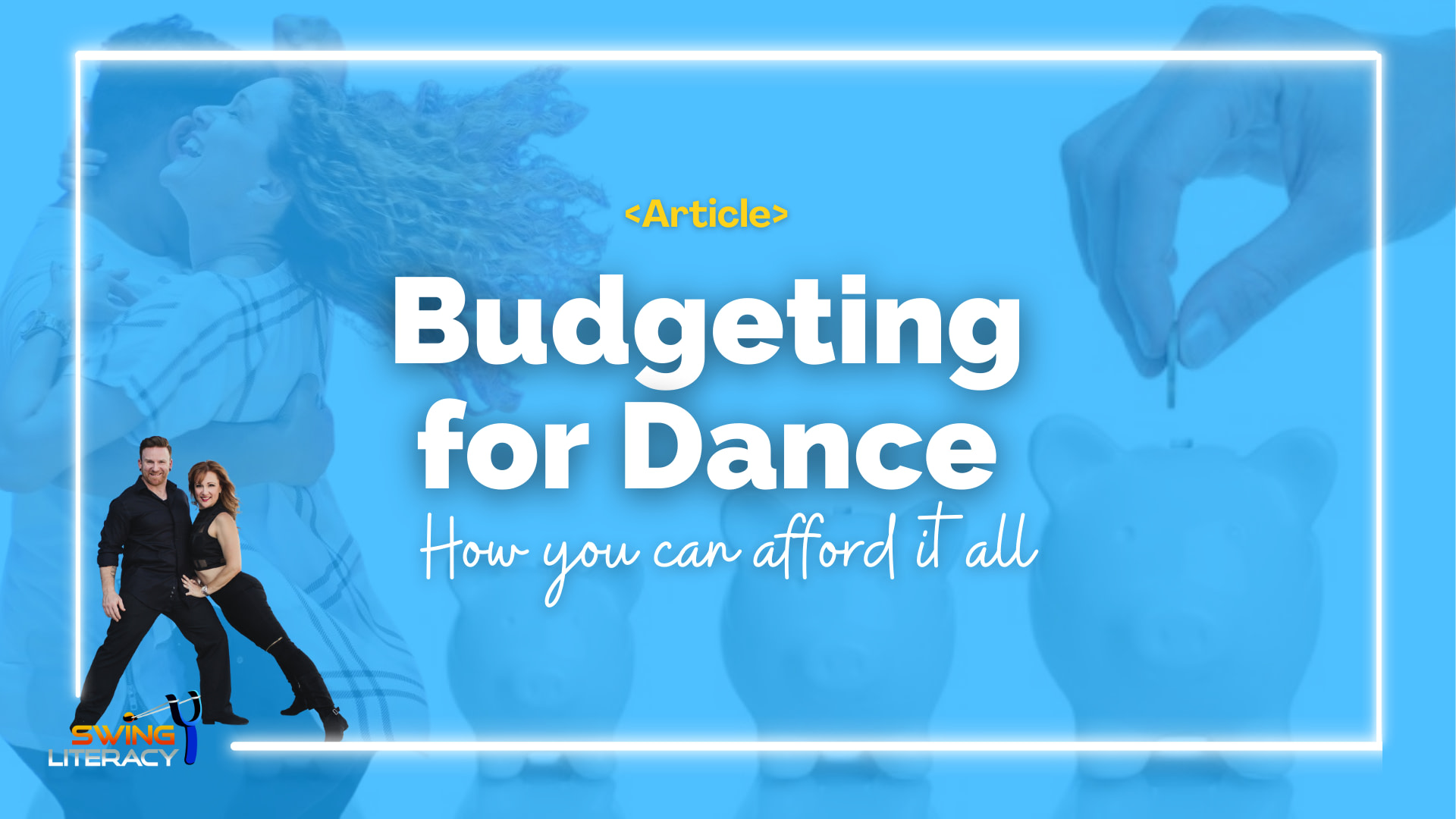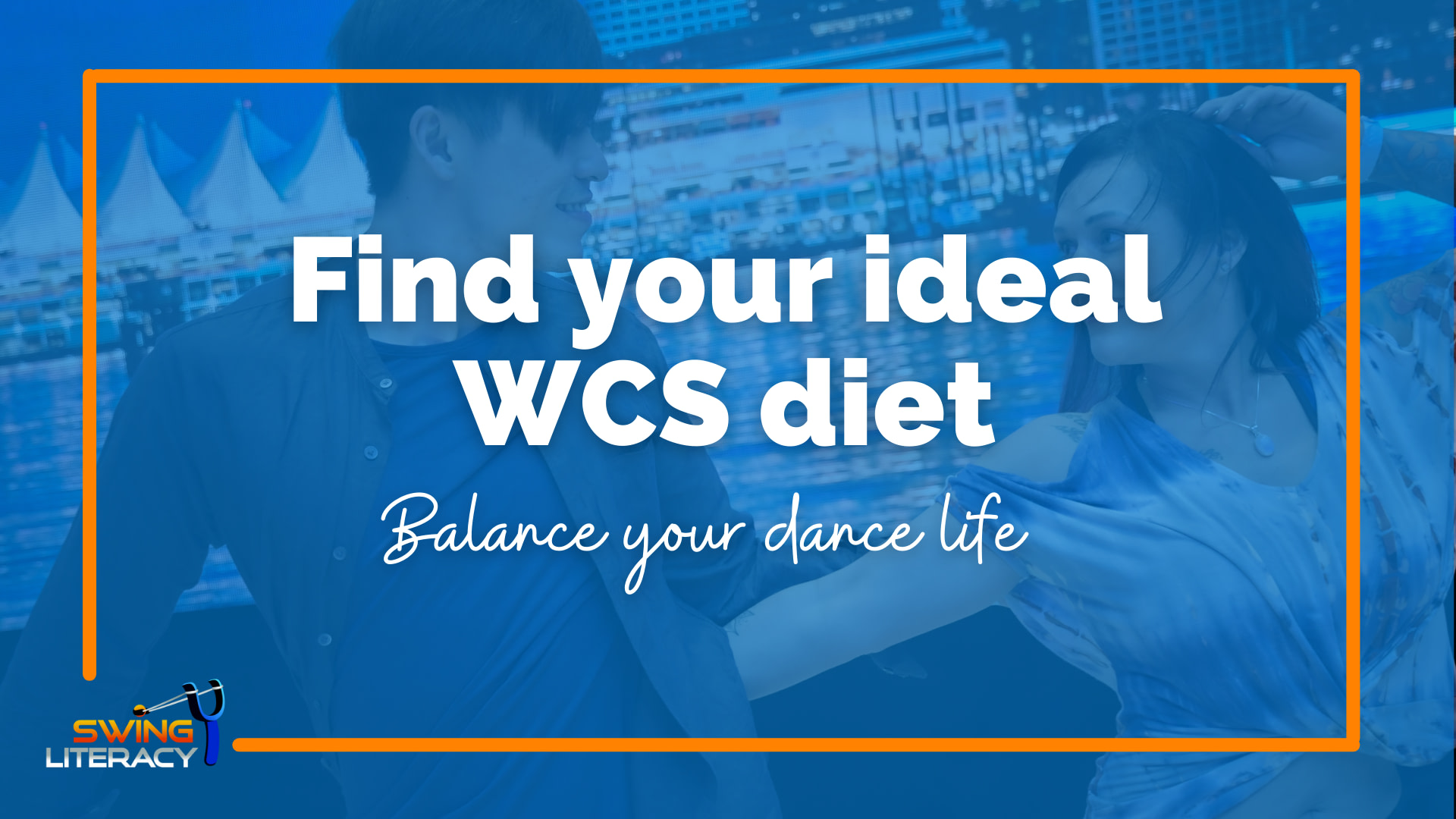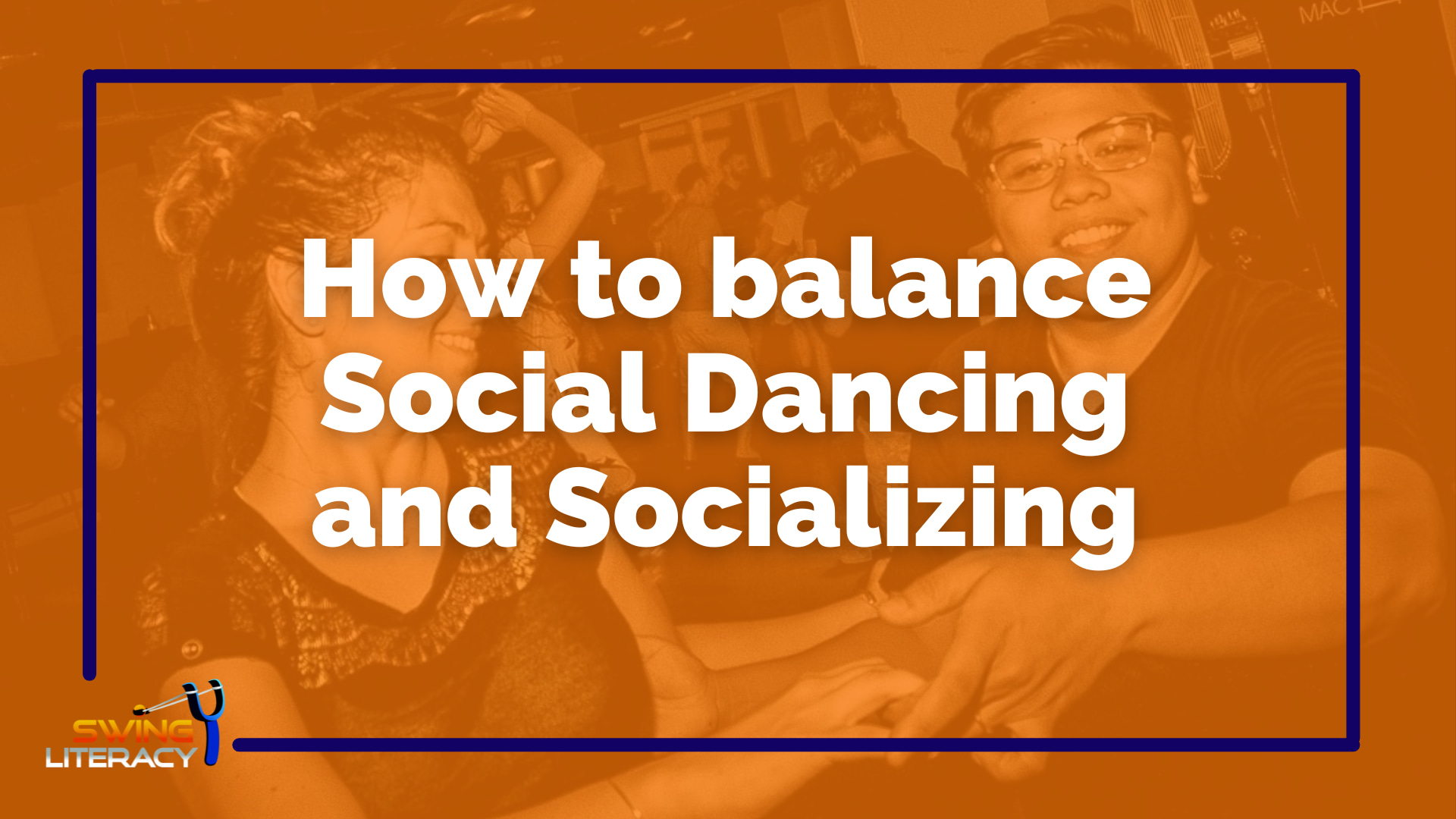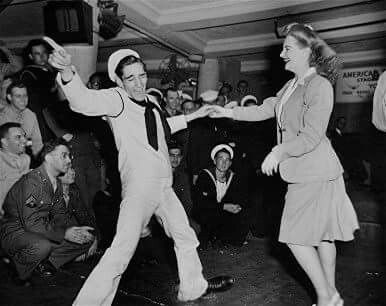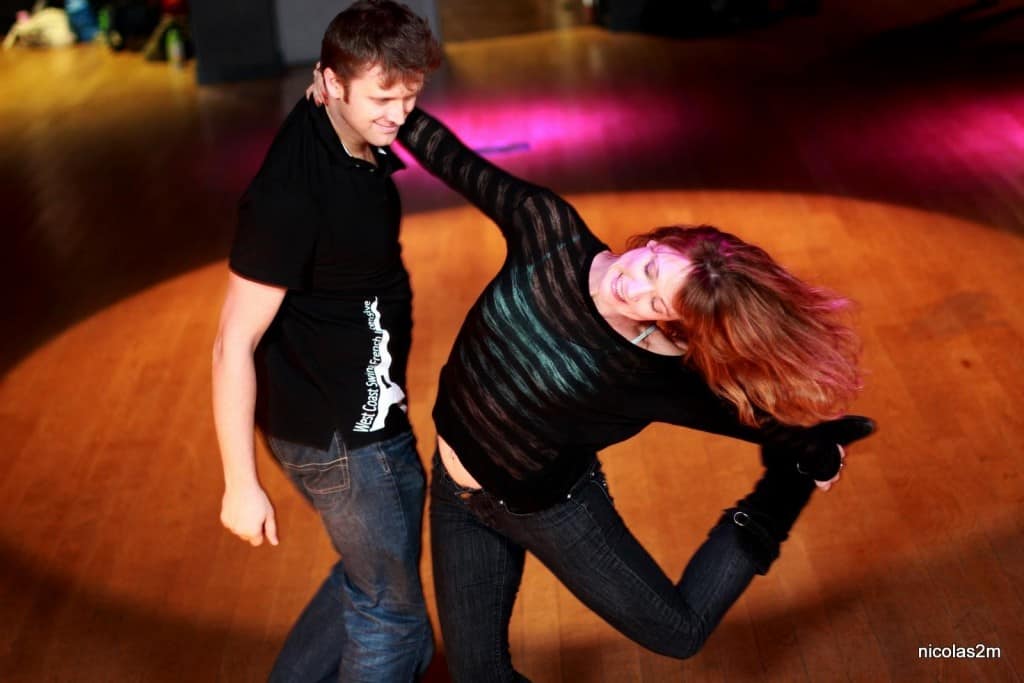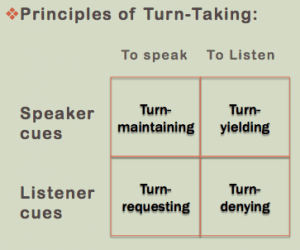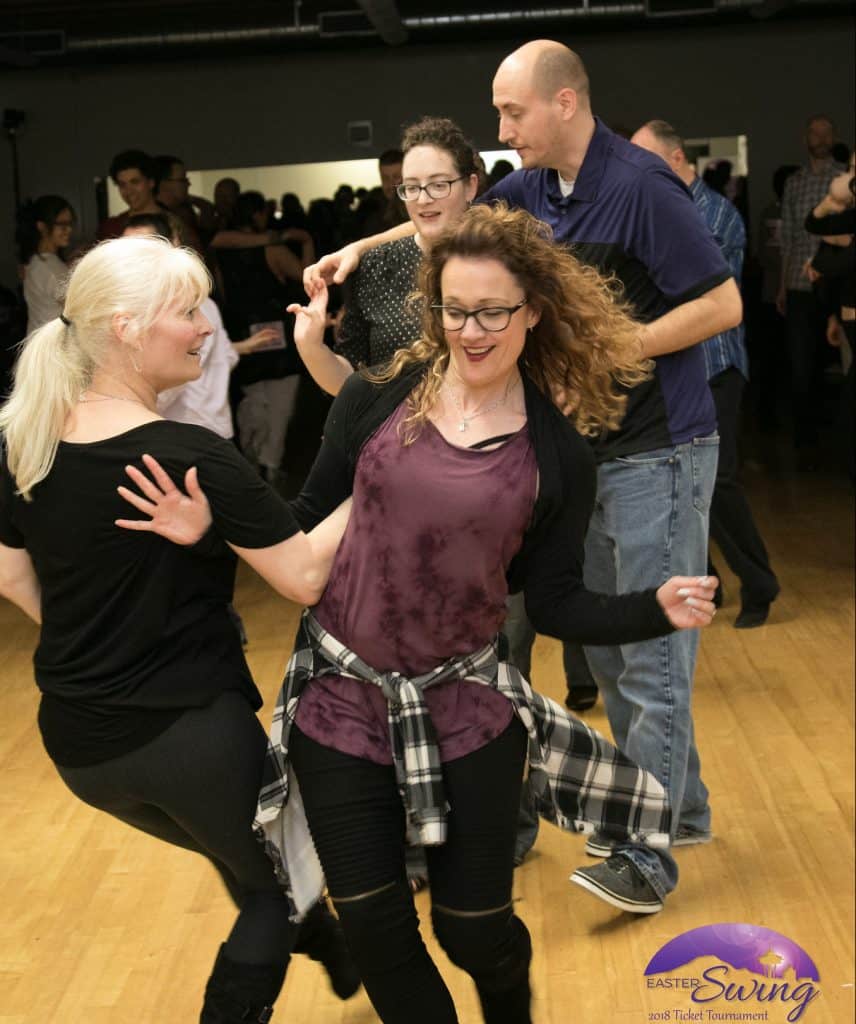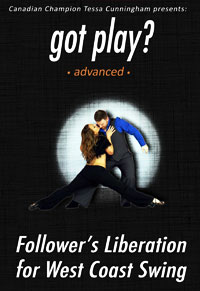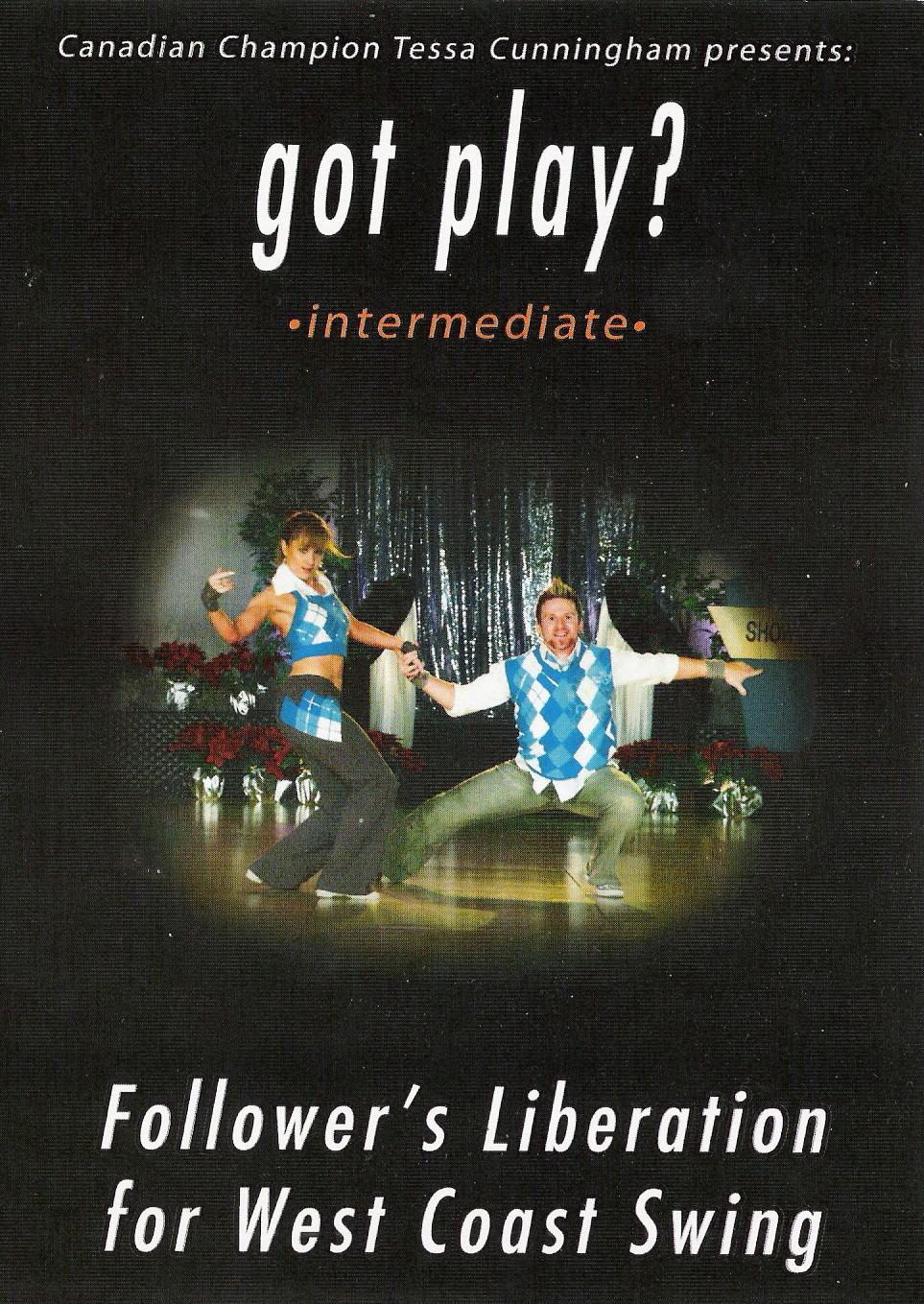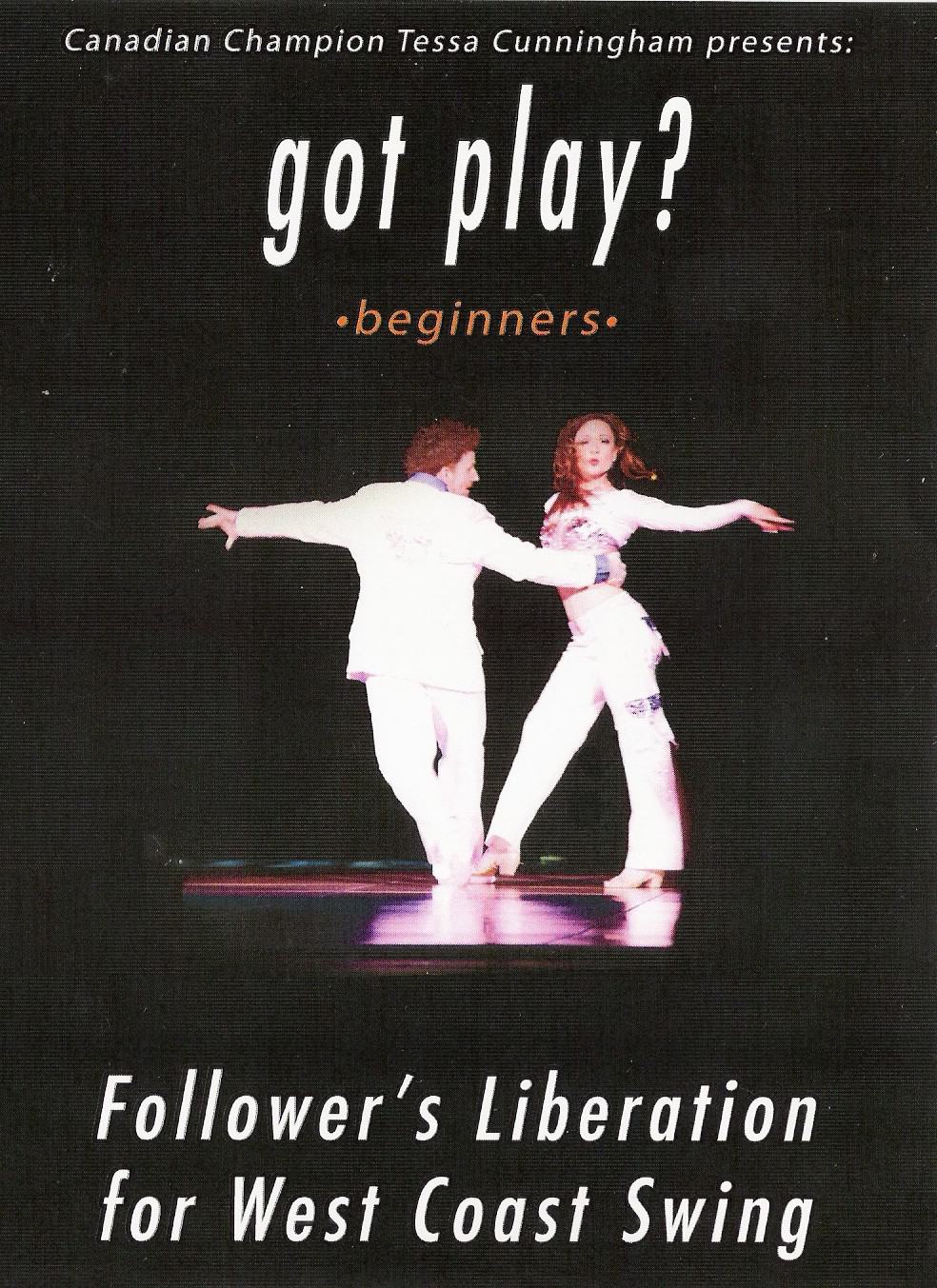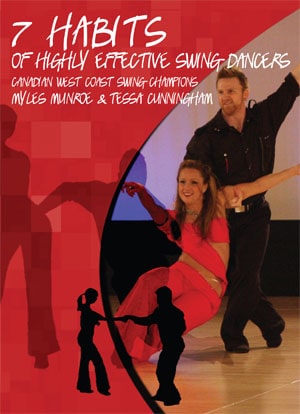No products in the cart.
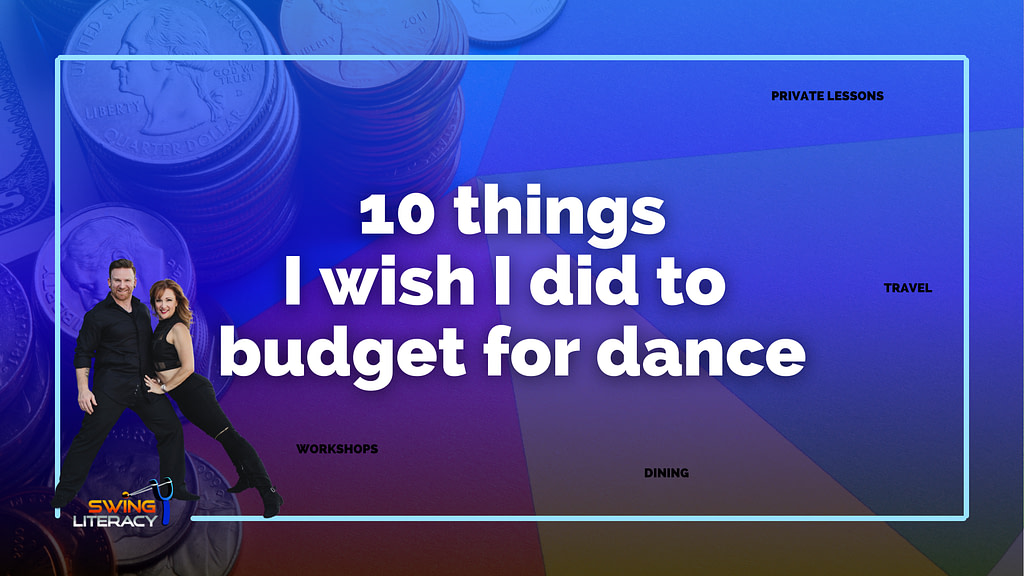
10 things I wish I did to budget for dance
Reading Time: minutes remaining
Relatively speaking, dance is a pretty financially accessible hobby. Most nights of dancing that include classes and a dance still cost less than a night at the movies.
But it's "pay to play": if you want to dance more, train more, compete more, travel more, the costs will add up..
So it would be smart for dancers to make a budget for their dancing, right? So you can dance within your means, avoid frivolous spending, and pursue dance training and experiences that give you high returns on your investments, right?
Of course! But does that mean that in my 20 years of dancing I was successful in following this advice? Hell no!
I wasted my share of time and money over the years. And by "wasted", I mean "lost opportunities to use my money in ways that would be most impactful to my dance goals"
I'm sure you would be able to relate to most of my dance goals. No matter what your level of ambition, for most dancers it boils down to "get better and have more fun."
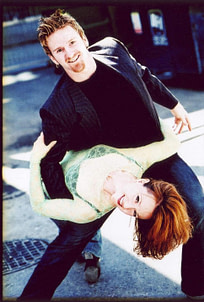
So here's a list of 10 things I wish I could go back and tell my pre-Novice self so I could set myself up to make the most of the money I had to maximize my dancing.
I hope you get inspired by these to review your own budgeting for dance so you can maximize your dance progress and fun too!
1. Have a designated "Dance" bank account
To pay for dance stuff, don't pull directly from the same account that you pay for rent and groceries. I did this and regretted it. This is dangerous.
Open a designated bank account. Call it your "Dance Fund" and let it be accessible with a debit card and ideally a budgeting app.
When you get a paycheque, decide on a regular percentage that will be allocated to your dance account every month. Consider your percentage carefully and be prepared to be flexible: if you are too frugal or restricted, you might be limiting your enjoyment and start to resent it. I have seen friends do this and basically self-sabotage their own fun and lead to burnout.
Optional: consider having a dance credit card - a card designated only for dance stuff. This can make it easier to keep track of your dance spending, but also give you the flexibility to pay for high-priced opportunities when they come up.
2. Allocate your dance spending
Not all activities in dance should be weighed equally. It depends on what your goal and needs are. If you are a serious competitor travelling the Rising Star circuit, you should be allocating a larger percentage of your dance funds to choreo, coaching, and costumes than someone who is a social dancer who attends 4 events a year.
But, no matter what level you are at in terms of dedication or skill, it's important to designate funds for training. Why? Because getting coaching helps you enjoy this hobby more. Private lessons are a critical part of a healthy dance diet: they provide the feedback you need to make sure you are dance safely, practicing correctly, and being supported as you grow your skills.
In retrospect, I wish I had prioritized taking more private lessons during my formative years. I think I would have spent years less time correcting bad habits.
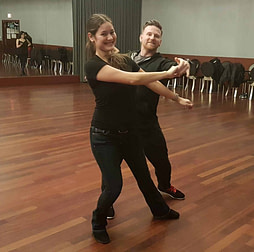
Of course, training can come in other forms, too, so you'll want to bolster your dance fund to prepare for invaluable learning experiences such as intensives at events, weekend workshops, and the Swing Literacy Dancer Development Program Bootcamp. Remember that some of these are only available once a year, so if you're thinking "ah, I'll just catch it next time", you have to consider if you want (or can afford) to wait a whole year to get its benefits.
Investing in your training = investing in making your dance more fun.
3. #TrainWCSsmarter to maximize your investment
Yes, investing in private lessons, workshop weekends, etc is definitely recommended. But here are three things to avoid so you don't waste that investment:
- Only ever taking private lessons from one teacher. That's like learning to cook only Italian food. Diversification is worth it. Try to save up for a gourmet lesson from different top pros once in a while.
- Not taking notes or reflecting on each private lesson or workshop. You know as soon as you walk out the door, you will forget 90% of what you "learned" in that hour, so guess what? You didn't really "learn" it. You can drastically improve your chances of retention if you take notes (not just video) and reflect on them immediately, then after 24 hours and 72 hours.
- Taking a workshop weekend and not following up with what you learned. This means beyond just "trying it in the social dance that night". Ideally, you should use the material from the weekend to practice for the next few weeks, or take any questions you have about it to your private lesson teacher.
4. Don't travel to comps if you haven't been training
Dance events are fun! They can be exhausting, but there's no doubt they are fun! And you should try to support as many events as you can afford within driving distance.
But if you are an ambitious competitor and spend all your money flying to one dance event per month in hopes of climbing the ranks, there is one thing to watch out for that could be sabotaging your efforts:
Training needs time to take effect. If you are training properly between events, you can expect to feel improvement each event (even if the results are variable). But if you don't attend classes and haven't taken a private lesson in 6 months, you can't really expect your results to improve 4 weeks later.
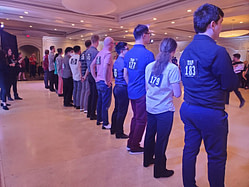
In this case, you would be wiser to skip a travel event where you spend $1000 on passes, flight, and hotel and instead, use that money to invest in your training so you can improve for the next comp.
You have to ask yourself, what do I want more: producing proof of permanent progress? Or 3 days of exhausting fun?
5. Consider prize money "bonus", not "income"
Your income is something that you can plan on. But there's no guarantee with competition results, and prize money can be extremely variable. So never count on prize money as income or allocate it as though it was income - consider it a bonus, like getting cash in a birthday card, and deposit it directly into your Dance Fund. Of course, it would be a good idea to do the same with your actual birthday cash.
6. Create a more sustainable schedule
If you are lucky enough to live in an area where you can dance every night of the week, consider if you really need to dance every night.
It's awesome that you are supporting all the weekly events! But if you are only social dancing and not taking any private lessons, your diet is out of balance and you are more likely to develop bad habits. Also, you might be tiring yourself out going straight from work to dance without enough time to absorb, process, and relax in between. This can be hard to sustain and can lead to burnout.
It would be smarter to remove 1-2 dance activities that give you fewer benefits than the others, then save that money in your Dance Fund.
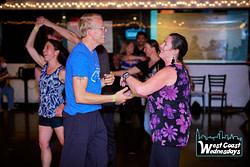
7. Buy event tickets as early in advance as possible
It's easy to think of the expenses for that September event should be coming out of your September budget. But consider the money you will save by purchasing early bird tickets ($10-50), registering for comps online in advance ($5-20), and booking flights earlier ($50-300).
So instead, pay for as much as you can as early as possible to get the best deal. This means your September event registration might come out of your May budget. This is fine, because May's event fees came out of your February budget already.
If you're feeling overwhelmed, either with your schedule or your finances, consider skipping the next event, but put the money you would have spent on it into your dance fund so it's there for the next one.
8. Volunteer and use your discount wisely
Many events offer discounts on event passes for those who volunteer - either before or during the event for a few hours. This is worth looking into, since it's usually very easy and very appreciated.
Now, let's say you save $50. It's tempting to view this as "fun money" to add to your alcohol fund for the weekend. But if you were planning on drinking anyway even without this bonus cash, your drinking money should already be budgeted for. Which means you would be smarter to put this bonus cash toward your Dance Fund so you can afford more training that will help you progress your dance.

9. Ease up on dining out
This is a sneaky one because it is connected to socializing, which is an important part of your life balance. But trust me - as I do my taxes each year and go through my restaurant receipts, I feel a little guilty about the money I spent on "convenience dining" or "going along with the crowd".
Eat at home as much as possible and save the restaurant meals for special occasions. This is easy to manage with a little planning. If you pack a snack or meal to eat after dancing, when everyone goes out to eat after the party, you will be happy just ordering a drink and having a much lower bill!
For events, you might assume that you should calculate food into your "dance weekend budget", but you might find you have more leftover if you remove your groceries from that calculation. You're going to need to eat no matter where you are, right? So only dining and drinking needs to be paid by your Dance Fund.
We always made a habit of making a grocery shopping trip or order at the beginning of the weekend to stock our hotel room. Then we allowed ourselves to splurge on Sunday Dance Family dinner.

10. Sign up for loyalty programs
Choose a credit card that either gives you travel rewards or cash back that you can designate as your "dance event fund". Sign up for the loyalty program of event hotels you go to. Don't just book whatever airline offers the best flight deal - choose one airline loyalty program that has both a regional and international network so you get points everywhere you travel. The status you will accumulate will be worth it, so start early.
Consider your accumulated points part of your "dance fund", but don't use them immediately - save them for a time when you know you might need a little boost to afford a flight.
Want more specifics?
Here's an article that details how much dance things cost and how to create a budget for your dance fund
Know some people in your dance community who could use this? Pass it on!
Read more
Before you get all scared, let me clarify: I’m referring to a diet of dance, not a diet of nutrition. This sadly misrepresented word is technically supposed to refer to a regular balance of fuel, not a short-term restriction of it. So, using the original intention of the word, ask yourself how your “dance diet” is
Post-pandemic, as you have been reassessing your priorities in dance, you may have noticed you have had a bit of an imbalance. Focusing too much on training and not having enough fun, or the reverse – focusing so much on the party aspect of our dance that your skills are suffering… Regardless of your
Got any suggestions of things to say that worked for you? Leave a comment below!

